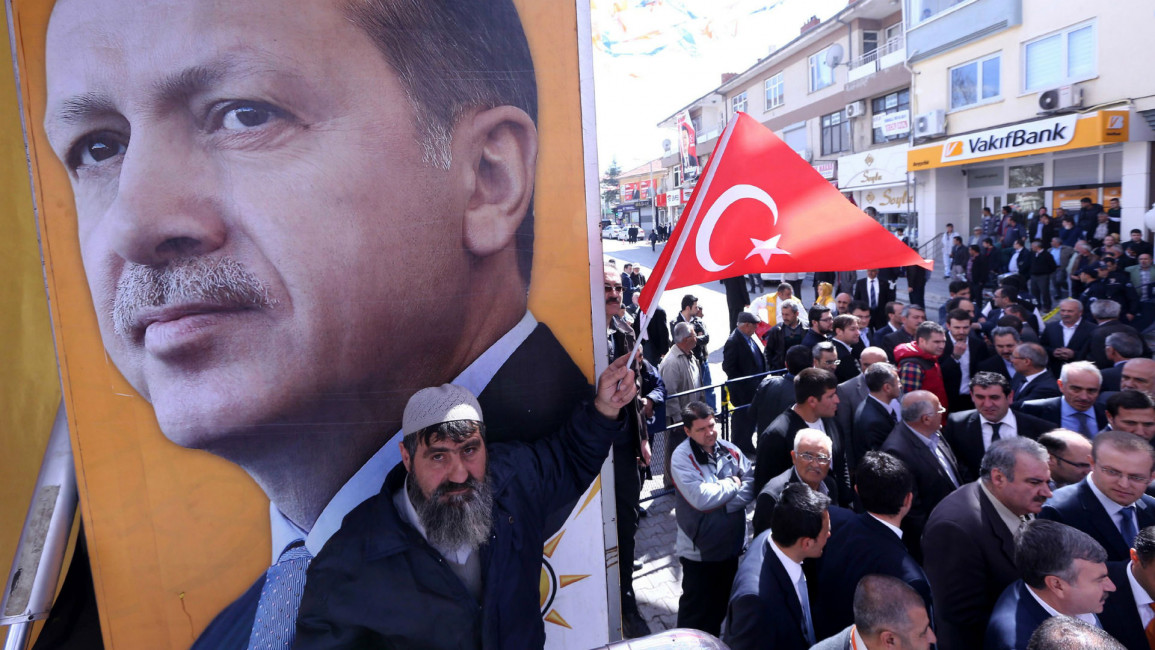Talks begin to see who will rule Turkey
After Turkey's Justice and Development Party (AKP) failed to secure a majority for the first time since 2002, last month, the centre-right party has been looking for a partner to rule the country with.
On Monday, it was announced that Turkish Prime Minister Ahmet Davutoglu will hold coalition talks at midday with the head of the second-placed Republican People's Party (CHP).
Although no agreement is expected until after Eid, this could be the first to break the parliamentary deadlock, which had continued since the shock election results last month.
After dealing with his centrist rival, Davutoglu will hold talks with the leaders of the two other political parties who occupt the far-right and far-left, later in the week.
Analysts say that the AKP and MHP are the most likely coalition partners.
Although the AKP is nominally Islamist and the CHP identify as secular-Kemalist, the two parties are closer to the political centre compared to the far-right Nationalist Movement Party and leftist pro-Kurdish People's Democratic Party.
If no coalition government is formed after 45 days then President Recep Tayyip Erdogan can call a snap election.
Erdogan has been criticised by opponents for overextending his powers as president. But Davutoglu has ruled out any discussion on Erdogan's authority.
"Bringing our president's legitimacy or prestige into question right now would sabotage coalition talks from the first," Davutoglu told the Hurriyet newspaper.
The People's Democratic Party have ruled out a coalition with the AKP, and many of its left-wing supporters have been critical of the ruling party's social conservatism, authoritarian nature and religious sentiments.
Erdogan has been a particular target of secular critics, which culminated in riots during at Istanbul's Gezi Park, which left at least 22 protesters dead following a brutal put down by security forces.



